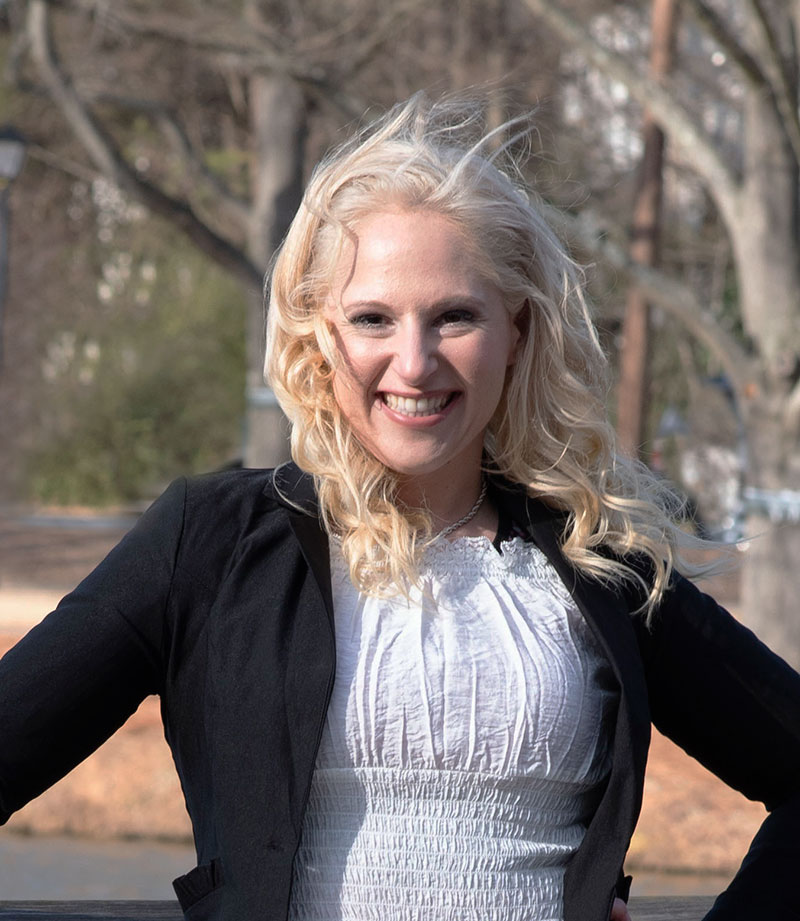
Why do we live on autopilot at the top of our means? Why do we think a bigger house will bring us more joy? Does a bigger house make us feel accomplished? If so, is that healthy? Those who have had the good fortune to experience true mutual love (platonic, familial, or romantic) or the joy of children know what really matters. True love, friendship, memories and time with our loved ones is what matters. However, once we have those most deep, meaningful human needs met, we start to feel we “need” other things such as a big house or a nice car. We do not.
Our basic needs are food, safety and shelter (of any size) and then love and relationships come next. The type of food can be given value because it contributes to health. I see that. When it comes to shelter, one could argue specifics matter because you want to be in a certain region, climate, have good, trustworthy neighbors, or a good school district for your kids to feel comfortable and thrive. There is absolutely value to those things. However, apart from those things, does the size of your house matter?
Those with small apartments often long for comfortable homes with room to entertain and fit their things. Those with that sort of home over time acquire things and the house starts to feel small. “I just need a little more space; a different layout.” They save all their pennies and get the bigger house. Then the kids grow bigger, they acquire more things and all the sudden even that begins to feel too small. “Just a little more,” they think.
Or tragedy strikes and it suddenly seems overwhelmingly large. In the blink of an eye, they lost something, someone that they really did “need.” And the house, the car, the backyard, the toys, they mean nothing. They do NOTHING to fill that hole, to replace who was lost, to bring back joy that left when tragedy hit. I am not smarter or wiser on this subject; I have simply paid the ultimate price. I have been on both sides of the coin. I only gained this perspective when I suddenly lost my husband; the father of my children.
This is not a condemnation of big houses or beautiful things. What I am saying is that if the homes were tiny, there would still be infinite room in them for love and joy. We don’t “need” a big house to be accomplished or comfortable. On the contrary, the smaller our ownership footprint, the larger the possibilities of our memories and life experiences to expand. Statistics show despite our country being one that has the most, we are far down the list in our self-reported happiness. How is it that people in countries who have so little can have such great joy? Maybe, just maybe, it’s because in their having so little, they are able to focus more fully on the people they have.
One of the most inspiring teachers in my life, Kelly Coffey, has addressed “the problem of more.” The problem of more is not unique to any particular thing. It can be whatever you have learned to see as your source of pleasure. It might be alcohol, cigarettes, food, drugs, sex, or material possessions. The more you have, the more you want. In many cases, the only solution is abstinence. The tricky thing about abstinence is that as effective as it can be for cigarettes or alcohol, it is quite different with food and possessions. We do need to eat. We need to have some things. You can’t function well and be homeless. So the question remains…how do you have enough food and shelter to live well, but evade the “problem of more.” When is “enough enough?” And where do you go in your quest for accomplishment once you have reached “enough?” I would argue that your quest should be for time. More freedom to do with your time what you want. More freedom to do with your time what brings you deep pleasure and happy memories. After all, time is money. However, money is a renewable resource. Time is not.
Wishing you less stuff and more time,
Nikola Rosa

